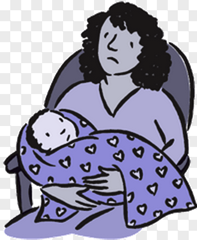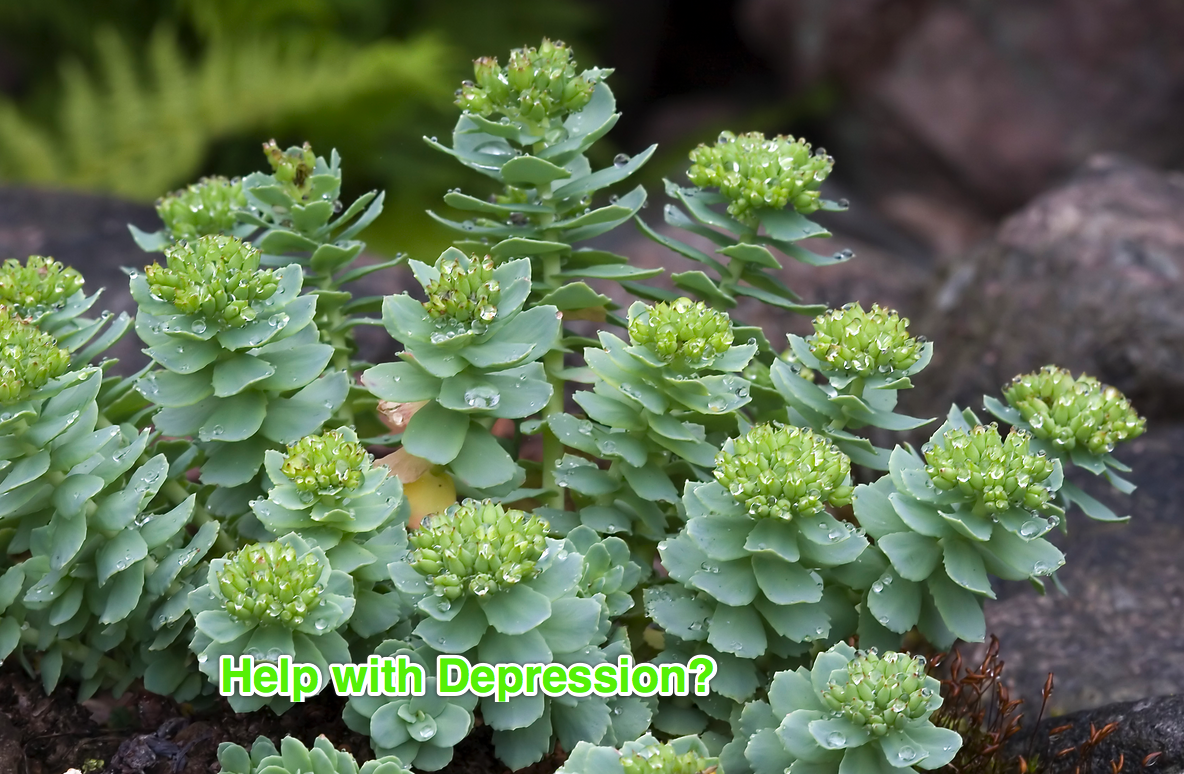Post Partum Depression | Progress that helps improve diagnosis and outcomes.

Post Partum Depression, getting the help you need.
 The birth of a baby can trigger a jumble of powerful emotions, from excitement and joy, to fear and anxiety. But it can also result in something you might not expect — depression. (Mayo Clinic)
The birth of a baby can trigger a jumble of powerful emotions, from excitement and joy, to fear and anxiety. But it can also result in something you might not expect — depression. (Mayo Clinic)
New mom’s do experience the baby blues after giving birth, including (but not limited to) mood swings, and crying spells. Some do however experience these symptoms that are much longer in duration, which has led to the diagnosis of what we hear as Post Partum Depression. Please note that this is not a flaw or defect, it is a complication of giving birth. The goal here is to provide information, clarity and get people what they need to manage ‘life’ and enjoy.
If you are experiencing a depressed state after giving birth and it is affecting your daily life, maybe it is time to seek help. We all want to be loving and caring for our family and especially with our new borns. Know when it is time to seek outside help, it is ok to call your doctor if the signs and symptoms fall into these experiences:
- Your depression hasn’t faded after 2 weeks
- You feel that it is getting worseIt is getting harder and harder to take care of your baby
- Everyday tasks seem to be getting harderThoughts of harming yourself and your baby.
Recently, progress has been made in identifying core components or subtypes that help understand what is happening, which leads to a better diagnosis and improved treatments / outcomes for those suffering from Depression after giving birth.
When it comes to postpartum depression, one size does not fit all, according to a new study led by University of North Carolina School of Medicine researchers.
Instead, women with postpartum depression may experience any of three distinct subtypes of clinical presentation, and each of these has important implications for their prognosis and the tailoring of treatments, the researchers found.
Researchers have identified three distinct subtypes of postpartum depression, according to a study published in The Lancet Psychiatry.Each subtype has different implications for the patient’s prognosis and best course of treatment, researchers from the University of North Carolina School of Medicine said.
The study used data from over 10,000 women that had been collected during previous studies. The researchers used latent class analysis to analyze the data.
The characteristics most important to stratifying the three subtypes were- time of symptom onset (beginning during pregnancy or after birth),
- symptom severity, previous history of mood disorders, and
- whether or not the woman had medical complications during the pregnancy.
The biggest factor for more severe postpartum depression was time of symptom onset. Women whose symptoms started during their pregnancy had a higher risk of more severe postpartum depression compared with women whose symptoms started after birth.
The results indicate the importance of carefully assessing each woman’s history in order to properly treat their postpartum depression. The study is a part of an international research consortium called PACT (Postpartum Depression: Action Towards Causes and Treatment), founded and co-led by University of North Carolina researchers in the departments of psychiatry and genetics.
 The consortium includes over 25 researchers from seven countries. "Clinicians should be aware of the diverse presentation of women with postpartum depression," said Samantha Meltzer-Brody, MD, MPH, director of the Perinatal Psychiatry Program at the UNC Center for Women's Mood Disorders and corresponding collaborator of the study, which was published in the January 2015 issue of The Lancet Psychiatry.
The consortium includes over 25 researchers from seven countries. "Clinicians should be aware of the diverse presentation of women with postpartum depression," said Samantha Meltzer-Brody, MD, MPH, director of the Perinatal Psychiatry Program at the UNC Center for Women's Mood Disorders and corresponding collaborator of the study, which was published in the January 2015 issue of The Lancet Psychiatry.
Again, the reality here is that we are finding better ways to give people what they need, and to be aware that when symptoms do occur, it is ok to seek professional help. Many others much like you need to know that life isn’t always perfect and it is ok to take necessary steps to manage depression so that we can continue to enjoy life as it is mean’t to be.
Asking questions, and creating an shared environment where we all benefit, that is a good place to be.
photo by postpartumdepression.web.unc.edu



